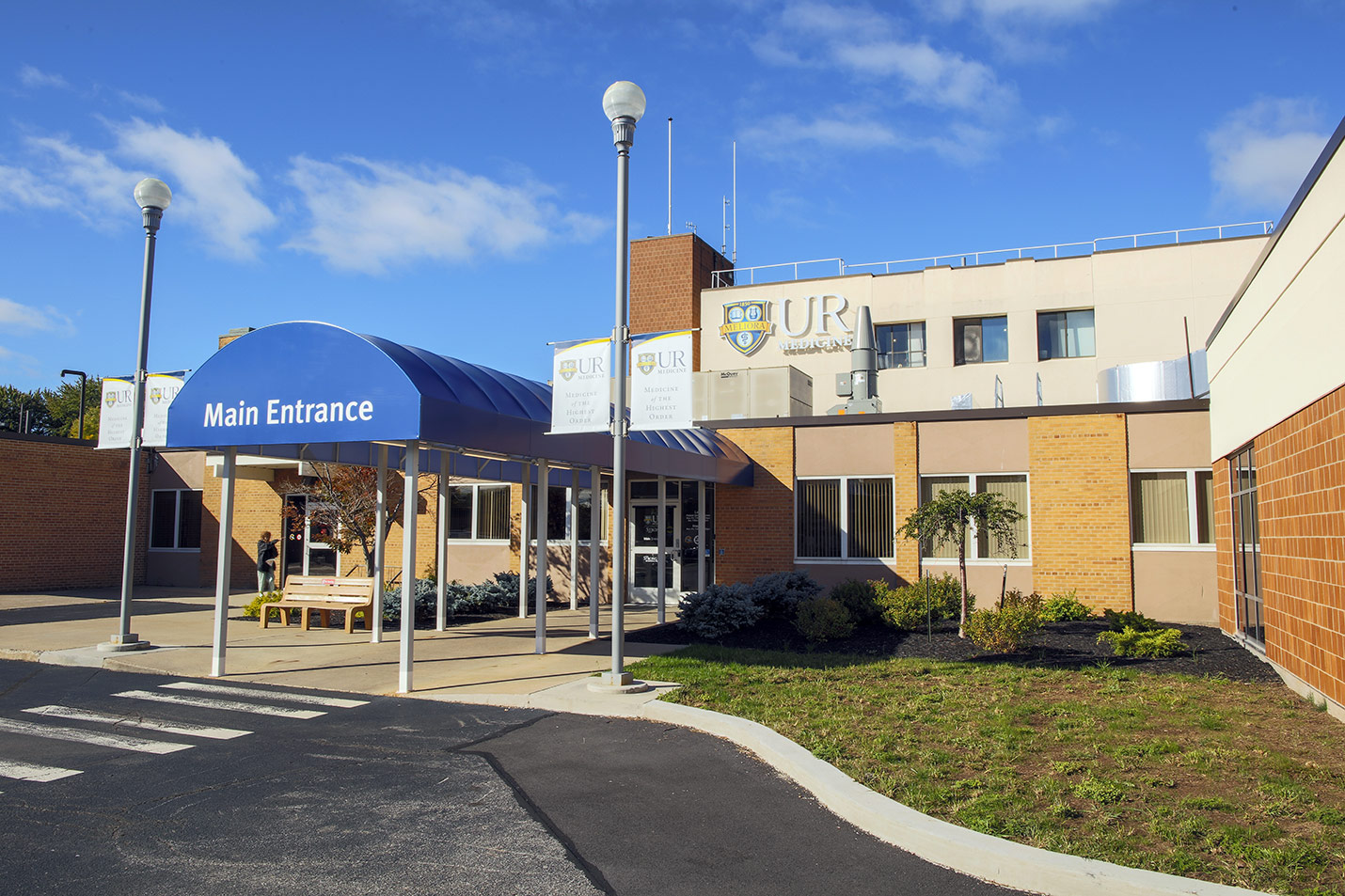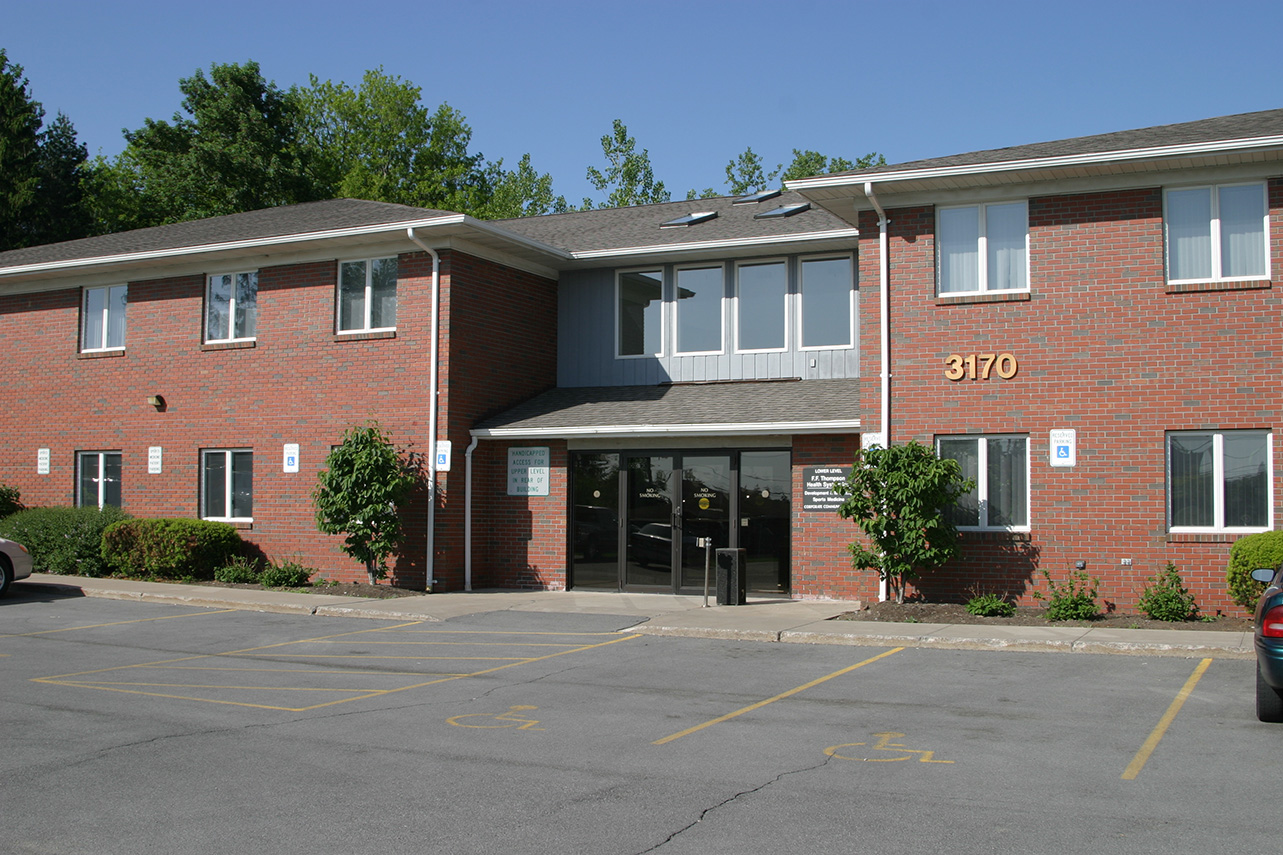Sleep Apnea
Make Appointments & Get Care
What is Sleep Apnea?
Sleep Apnea is the most common sleep disorder. It causes you to stop and start breathing repeatedly as you sleep.
Snoring is a symptom of sleep apnea and is a common condition that can disrupt your sleep. The snoring sound happens when air can't flow easily through your nose or mouth.
People with sleep apnea may not have snoring and snoring does not necessarily indicate sleep apnea.
There are three main types of sleep apnea:
- Obstructive sleep apnea (OSA): This is the most common form, when muscles in the throat relax during sleep and allow the airway to close, interrupting breathing. It’s commonly referred to simply as “sleep apnea.”
- Central sleep apnea: When the brain doesn’t send the right signals to the muscles that control your breathing. This is very rare.
- Complex sleep apnea: Also known as “treatment-emergent central sleep apnea,” complex sleep apnea can sometimes be the result of treatment with CPAP or BiPAP. This may require treatment with CPAP alternatives.
Symptoms of Sleep Apnea
- Snoring
- Waking up gasping
- Dry mouth or sore throat
- Daytime sleepiness
- Observed episodes of breathing stopping
- Morning headache
- Difficult to treat high blood pressure
- Difficult to treat heart disorders like atrial fibrillation
Causes of Sleep Apnea
Anyone can experience sleep apnea, though it is two to three times more common in men than women. The basic cause of sleep apnea is that throat muscles relax when we fall asleep, allowing the throat to close and interrupt normal breathing. There are other factors that increase your risk of sleep apnea, including:
- Obesity or being overweight
- Older age
- Male gender
- Large neck
- Family history
Effects of Sleep Apnea
Sleep apnea is a serious medical condition. It can lead to:
- Daytime sleepiness
- Heart disease
- Stroke
- Complications with medications and surgery
UR Medicine's Treatments for Sleep Apnea
Diagnosing Sleep Apnea
Your provider may do a physical exam or suggest a sleep study. Sleep studies can include:
- Polysomnography: during this test, you will be monitored at a sleep center overnight.
- At-home sleep test: often, a simpler sleep study can be used at home.
Treating Sleep Apnea
There are many different treatments for sleep apnea, including:
- CPAP (Continuous positive airway pressure) or BiPAP (Bi-level positive airway pressure)
- Oral appliance
- Weight loss
- Surgery including throat surgery or nerve stimulator devices
What Sets Us Apart?
We know how important quality sleep is to live your best life. As the only comprehensive sleep care center in the region, we aim to make care convenient and guide patients to the correct providers to meet their needs.
Our expert team offers a comprehensive approach to snoring and sleep apnea, ranging from conservative treatments to the latest available technology.
Patients of UR Medicine's Department of Otolaryngology also have access to a network of specialists in multiple disciplines. Our ENT physicians are trained in non-surgical and surgical treatment of diseases of the ears, nose, throat, head, and neck.
Our experts perform hundreds of procedures and surgeries every year, so your care is always in the hands of well-practiced experts. Many of our physicians are involved in research to find new treatments for ENT-related conditions. All our doctors are board certified by the American Board of Otolaryngology.
Providers
Locations
View All LocationsWe serve you in the Rochester metropolitan area and surrounding region.
View All Locations7 locations
7995 Call Parkway, Suite 100
Batavia, NY 14020
64 Elizabeth Blackwell Street, Suite A
Geneva, NY 14456


